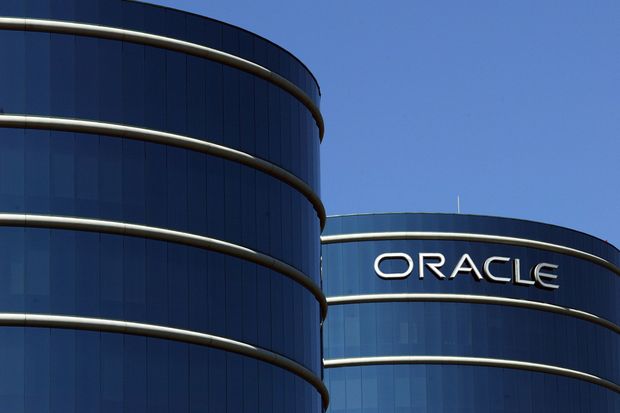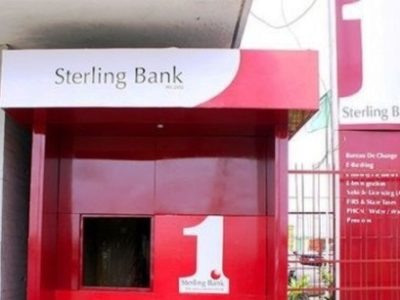By Ronnie Toerien, Oracle
It seemed to happen very quickly. The world changed, and businesses worldwide found themselves trying to operate in the face of unprecedented upheaval. Yet, it must be noted that the world of work was already transitioning long before recent global events. A fundamental change was already impacting the workplace in the form of emerging technologies and evolving business models, and the current climate is spotlighting how to achieve genuine business resiliency moving forward.
Futureproofing hinges on flexibility within an organisation, with the first step being a willingness to potentially adapt existing processes to the best practice models offered through cloud. It is worth noting that the industries proving to be most resilient right now share one quality – adaptability.
The decision by banks like AfrAsia Bank Limited (https://bit.ly/3gm7Ssb) and Mauritius Commercial Bank to move their business systems to cloud over the past few years is ensuring operational continuity for these enterprises, even in lockdown. Another example of adaptable organisations is hotels that immediately pivoted to deploy themselves as private hospitals or quarantine facilities to lessen the burden on public healthcare providers.
A powerful asset to remove operational rigidity, and ease an enterprise’s entry into the new reality of work, is cloud-based Human Capital Management (HCM). Its strength is in breaking down silos within an enterprise and flattening the organisation structure to enable a rapid-to-react network of teams regardless of location.
Even before the current crisis, strengthening of teams was becoming a greater priority as attitudes to organisational growth evolved. Revenue is no longer the only indicator of success – it is reputation. A united workforce positively impacts the perception of a company, as customers gravitate to organisations that genuinely demonstrate care and make work more “human.” Contemporary HCM tools enable that, facilitating connections across an organisation around certain self-chosen projects and goals. This creates a sense of belonging and more initiative in a work-from-home setting.
Of course, in current times, HCM systems have a vital role to play in ensuring employee wellness on multiple levels. Zambia National Commercial Bank (Zanaco) (https://www.boz.zm/) is considering Oracle’s Workforce Health and Safety application – currently free to access for Oracle HCM Cloud customers (https://bit.ly/2X0dzEh) – to monitor what is happening within its employee base. Mumbi Mwila, Chief Human Resources & Training Officer for Zanaco explains, “With employees spread out across the country, we need a system that swiftly enables us to track health and safety incidents regardless of location. If staff are equipped to log incidents, we can track events immediately, trace occurrences, and generate reports that help us determine what responses are required. By extension, we can ensure any similar risks are managed for the future.”
In our current context, integrated HCM channels also provide a crucial understanding of teams, especially high-risk groups, and aid in workforce planning with an eye on the future. Business resilience demands that companies have the right people, which is achieved through the seamless togetherness of information such as absenteeism and employee personal development goals, to create a data-centred succession planning strategy.
Next-generation, cloud-based HCM has a further benefit in ensuring business resiliency, now and in the long term. That lies in how the solutions encourage a culture shift. Working from home, employees are using cloud-based systems more. Not only are they inputting information about themselves that enables CHROs and other senior figures to make more accurate decisions, but by getting hands-on with cloud-based solutions, staff are realising their user-friendliness.
Built-in voice-enabled digital assistants make things easier, for example, removing the need to understand complex processes. The result is that any animosity or fear towards robotics and AI fades away as employees experience first-hand how each side brings value to the table.
A further bit of good news is that organisations that do not currently have a robust cloud-based HCM solution can make the transition from on-premise within weeks.
The new reality of work is different and has been for some time. There is no going back. Resilience requires acceptance that business models are changing and that emerging technologies are bringing together human and machine in co-existence that enhances efficiencies and customer satisfaction.
Ronnie Toerien is Oracle HCM Sales Development & Strategy Leader – Africa






























